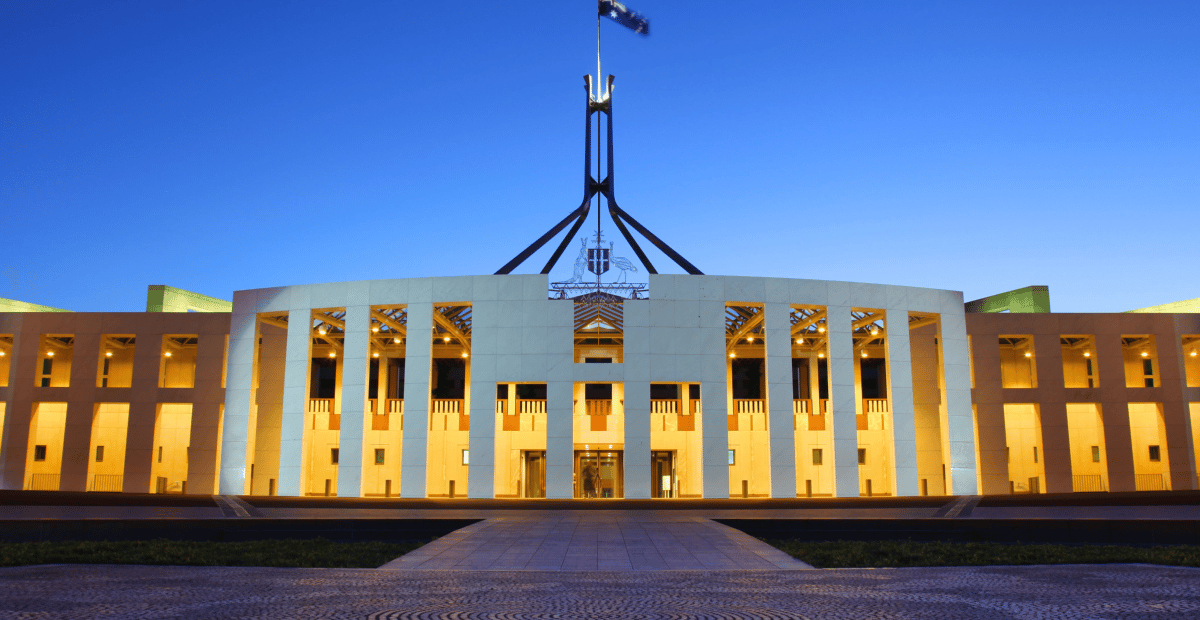Please fill out the details below to receive information on Blue Wealth Events
"*" indicates required fields

When I started thinking about this topic it reminded me of a tweet I stumbled across by Australian journalist John Pilger a couple of weeks ago.
“Britain, the US, Australia share a phenomenon: each has a political opposition in name only. Every few years a game is played when major parties with the same (more or less) economic, social and war-making policies convince voters they are different. This is known as ‘democracy’.”
This was a remarkably insightful observation. I can’t recall any change of government that had a meaningful impact on the lives of middle-class Australians – which is probably why Aussies are generally apathetic when it comes to politics.
The issue with having a two-party political system is that both sides are trying to catch the swing voter that’s fence-sitting. This means that over the long run the policies tend towards the middle anyway. There isn’t any evidence that a change in leadership has affected the property market in any way other than the brief abolition of negative gearing in 1985 by the Hawke government.
As negative gearing and property investment are used to provide subsidised housing for many Australians the disincentive to continue investing in property caused a supply shock which spiked rents in Sydney and Perth (which already had vacancy rates of 1% and 1.4% respectively). This caused the policy to be quickly reversed and it hasn’t been reinstated since.
The short answer is this change in government changes nothing. But let’s have a look into it anyway.
There aren’t any significant macro policy differences which means that there are no impacts on equity markets, interest rates, the strength of the AUD, and by default the property market. The ALP’s loss in 2019 was partially blamed on the “radical tax and spending” agenda so this time they have opted for a “small target” approach which is more in line with the coalition’s policy.
There are a few key policy changes that relate to property though.
Like the previous government, the housing policy is weighted more heavily on demand-side policies which will result in higher-than-normal home prices. While this is good for investors it is the wrong policy choice if they really want to address the housing affordability issue. This again points to the fact that housing affordability is an issue that no government really wants to solve.
Even though there will certainly be a lot of analysis of the election results and the economic, social, and environmental implications, this change in government has no impact on our overall investment thesis.
